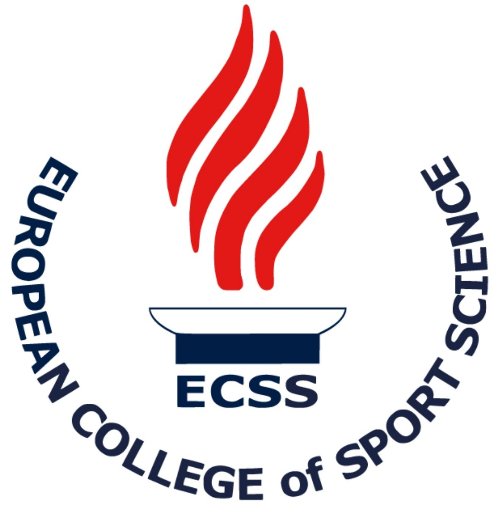Impellizzeri FM1, Rampinini E1, Marcora SM2, Sassi A1
1, Human Performance Lab, Sport Service MAPEI, Castellanza, Italy; 2, School of Sport, Health, and Exercise Sciences, University of Wales-Bangor, United Kingdom

Efficiency is commonly considered one of the most important determinant of endurance performance. However, while the effects of training, experience and performance level has been frequently reported for running efficiency, no effects of these factors has been usually shown for cycling1. As a consequence, no efficiency variations during the season should be expected. However, some authors have suggested that efficiency measures might be a more sensitive indicator of training state during the competitive season2. Therefore, the aim of this study was to examine the seasonal variations in cycling efficiency and maximal and submaximal parameters of aerobic fitness in off roadcyclists. Twelve off-road cyclists of national (N=3) and international (N=9) level were involved in the study. They were tested at the beginning and at the end of the pre-season training period (November and February), and twice during the competitive season (April and July before the national championship). They completed an incremental test starting at 100 W and increasing the workload by 40W every 4 mins, for the determination of gross (GE) and delta (DE) efficiency, VO2max, peak power output (PPO) lactate thresholds (LT and OBLA) intensity. Data were analyzed using a one-way ANOVA for repeated measures. Both maximal and submaximal paramaters of aerobic fitness resulted significantly higher in February, April and July compared to November, while no further improvements occurred during the competitive season. Maximum heart rate (HR) and HR at LT decreased and remained constant during the season. As expected, no seasonal variations in gross and delta efficiency were observed during the season. On the other hand, maximal and submaximal parameters of aerobic fitness improved after the pre-season training period and remained constant during the competitive season. Therefore, these results suggest that cycling efficiency measures during the season are not sensitive to training status changes. The efficiency values found in the present study are similar to those reported in literature. Similarly, the aerobic fitness improvements were similar to those reported by Lucia et al 3 in professional road cyclists. In conclusion, this study shows that training has no effect on cyclingefficiency in off-road cyclists.
10th Annual Congress of the European College of Sport Science (ECSS).
Belgrade, Serbia, July 13-16, 2005
Book of Abstract Belgrade, 10-0643